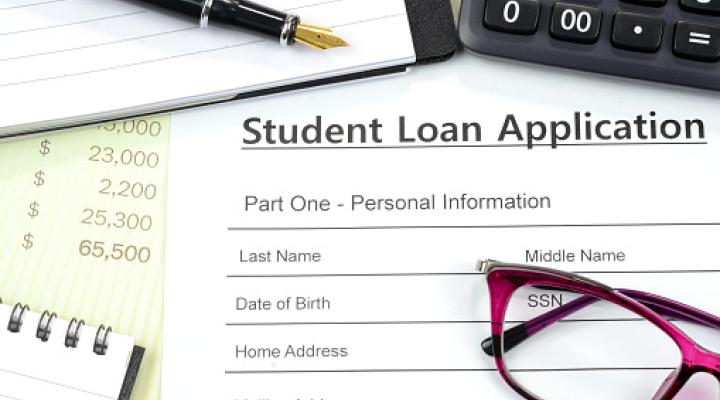Navigating Student Loans

It opens doors to a multitude of opportunities. However, navigating the world of student loans can be overwhelming, especially for individuals who are new to the country.
Read on about the types of student loans, eligibility criteria, repayment options, and strategies for managing student loan debt effectively.
Types of Student Loans
As a new citizen, you have various options when it comes to student loans. Understanding the types available can help you make an informed decision:
- Federal Student Loans: These loans are offered by the U.S. Department of Education. They typically have lower interest rates and flexible repayment options. Federal loans include Direct Subsidized Loans, Direct Unsubsidized Loans, and Direct PLUS Loans.
- Private Student Loans: These loans are offered by private lenders, such as banks or credit unions. Private loans may have higher interest rates and less flexible repayment terms compared to federal loans. They should be considered only after exhausting federal loan options.
Eligibility Criteria
To qualify for student loans, you need to meet certain eligibility criteria, which may vary depending on the loan type:
- Citizenship or Legal Residency: As a new citizen, you meet the citizenship requirements. However, make sure you have the necessary documentation to prove your citizenship or legal residency status.
- Social Security Number: Most student loan programs require a valid Social Security Number (SSN). Ensure that you have obtained your SSN before applying for loans.
- Financial Need: Some federal loans, such as Direct Subsidized Loans, are awarded based on financial need. Filling out the Free Application for Federal Student Aid (FAFSA) is crucial to determine your eligibility for need-based loans and other financial aid programs.
Repayment Options
After you complete your educational program, you will begin repaying your loans. Understanding the repayment options for student loans is crucial to manage your debt effectively:
- Standard Repayment: This is the most common option, where you make fixed monthly payments over a specified term (usually 10 years). It helps you pay off the loan faster but may have higher monthly payments.
- Income-Driven Repayment Plans: These plans adjust your monthly payments based on your income and family size. Examples include Income-Based Repayment (IBR), Pay As You Earn (PAYE), and Revised Pay As You Earn (REPAYE). These options can provide more manageable payments, particularly during periods of low income.
- Loan Forgiveness Programs: Certain professions, such as public service or teaching, may qualify for loan forgiveness after a specified number of payments. Research and explore these programs to determine if you qualify.
Strategies for Managing Student Loan Debt
Managing student loan debt effectively is essential for financial stability. Consider the following strategies:
- Create a Budget: Develop a monthly budget that includes your loan payments. Track your expenses and find areas where you can cut back to allocate more funds towards loan repayment.
- Pay More than the Minimum: If you can afford it, paying more than the minimum monthly payment can help you pay off your loan faster and reduce the overall interest paid.
- Explore Loan Refinancing: Once you have built a good credit history, consider refinancing your loans to potentially secure a lower interest rate. However, be cautious as refinancing federal loans into private loans may result in the loss of certain borrower protections.
- Seek Financial Counseling: If you're facing difficulties with repayment or managing your debt, consider seeking financial counseling. Experts can provide personalized advice and assistance tailored to your specific situation.
As a new citizen navigating student loans, it's crucial to be well-informed and make wise borrowing decisions. Understanding the types of loans available, meeting eligibility criteria, exploring repayment options, and implementing effective debt management strategies are key to successfully managing your student loan debt. By staying informed and taking proactive steps, you can pave the way for a bright future while minimizing the burden of student loans.
The information provided on www.onepercentforamerica.org is intended for general informational purposes only. It should not be considered as professional advice or a substitute for seeking professional guidance.



